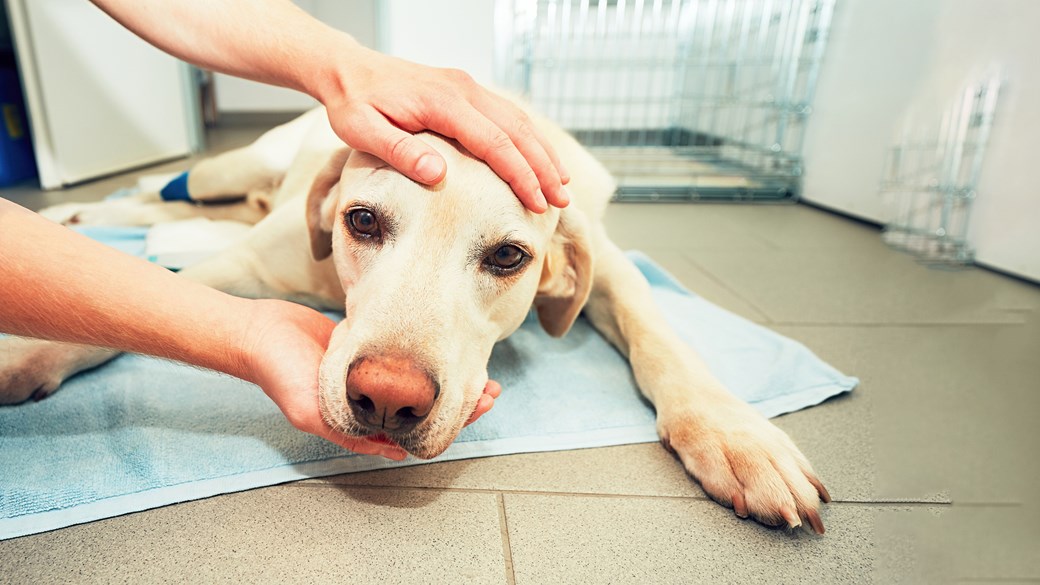
What Is Preventative Healthcare?
Preventative healthcare is something vets and nurses talk about a lot, but what does that mean?
Preventative healthcare works on the ‘prevention is better than cure’ approach, and makes sure that pets have as much protection as we can give them against a range of problems, including some nasty diseases and parasites, unwanted litters, and loss.
Some preventative healthcare offered, like neutering and microchipping, are one-offs. Once they are done, you don’t have to worry about them again.
Much of the preventative healthcare on offer however is ongoing and should be part of the normal routine for you and your pet – even if your pet lives indoors. This includes parasite protection and vaccination. Don’t forget parasite protection will help protect the rest of the family as well – sadly some worms and other parasites such as fleas can be nasty for humans too!
Ongoing preventative healthcare from Vets4Pets means that your pet will always get the best personalised protection, right from their first steps in their new home through to their golden years. Our range of Health Plans take the stress out of preventative healthcare, meaning keeping your pet happy and healthy has never been easier.
Have a look below at some of the key points of preventative healthcare and ask your vet about the best way to get personalised preventative healthcare sorted for your pet.
Important information
Your dog or cat will get their first vaccinations around the time you bring them home. This consists of two injections, given several weeks apart, and gives your pet initial protection against a range of nasty and potentially fatal diseases. For both cats and dogs this immunity needs topping up every year at an annual vaccination appointment – they will need this throughout their life. Not only does this keep your pet safe, it’s also a great opportunity for your vet to give them a thorough MOT!
There are plenty of unpleasant parasites which make their home on or inside your pet’s body. While parasites are unpleasant for your pet, many can also bite or infect humans, so keeping your pet protected is the best way to keep the whole family happy and healthy.
Where you live, your pet’s lifestyle, and the season will all affect the parasite protection your pet needs, but dogs, cats and rabbits will all require regular anti-parasite treatments throughout their life. For rabbits, this protection is against flystrike, an often fatal parasitic disease that is seen in the warmer months. Cats and dogs need to be covered for a much broader range of parasites, throughout the year. Parasites can travel into the house on bags and shoes, and fleas and flies can travel remarkable distances, so even solely-indoor pets need protection. Your vet will be able to help and advise you, making sure you get the right protection for your pet.
If you have a new pet it is important to get them microchipped – imagine losing your new best friend! A microchip is the best way to identify your pet, increasing the chances of them being returned to you if they get lost or stolen. If your new pet does not have a microchip when you get them, your vet can implant one for you, which comes free if your pet is part of our Best Start In Life program, or at reduced cost through Complete Care!
Neutering provides a range of great benefits for both you and your pet – as well as no unexpected extra additions to the family, neutering can help reduce unwanted behaviour, like fighting, and also reduces some cancer and infection risks! Here at Vets4Pets we generally recommend neutering, although the most appropriate plan for your pet may vary depending on your vet’s personalised recommendation.
Preventative healthcare doesn’t stop there! Your Vets4Pets team will be able to give you great advice on keeping your pet healthy including:
- Home dental care
- The right nutrition
- Help with behaviour advice
- Exercise and enrichment advice
